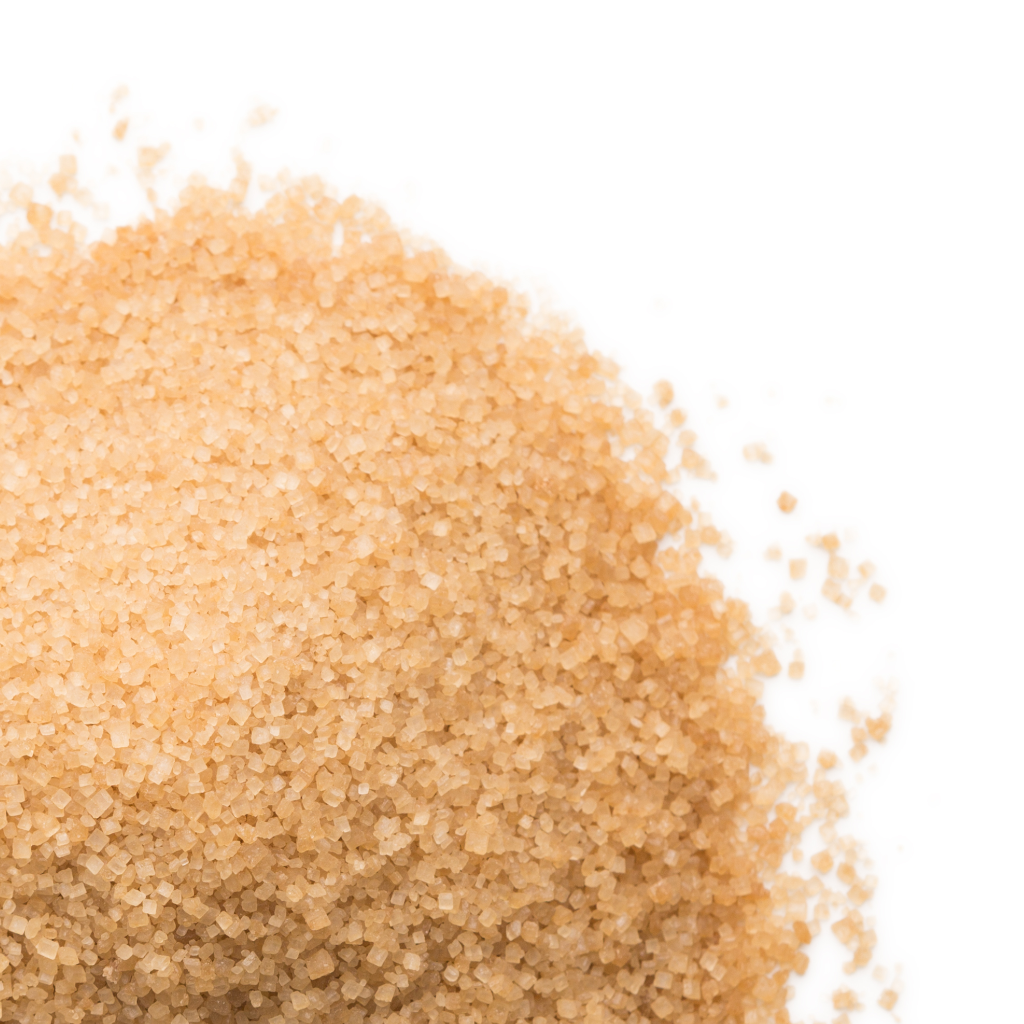The Trip of Cane Sugar Processing: From Harvest to Crystals
The Trip of Cane Sugar Processing: From Harvest to Crystals
Blog Article
A Thorough Summary of the Health and Economic Ramifications of Cane Sugar Handling on Neighborhood Neighborhoods
Cane sugar handling plays a crucial duty in shaping the economic landscape of local communities, providing employment opportunities and promoting ancillary sectors. The health and wellness implications linked with high sugar intake can not be neglected, as they contribute to increasing rates of obesity and diabetes.
Financial Advantages of Walking Stick Sugar Processing
Walking cane sugar processing uses considerable economic advantages that extend past the instant agricultural market. The cultivation and processing of sugarcane create countless task possibilities, from farming to manufacturing and circulation. This employment generation not just supports local economies however also promotes area advancement by providing steady revenue resources for households.
Additionally, the sugar sector promotes supplementary companies, including transport, tools supply, and packaging solutions (Cane Sugar Processing). As these sectors grow, they contribute to an extra robust economic framework, boosting overall community strength. The export capacity of refined walking stick sugar better enhances economic benefits, placing areas as competitive gamers in global markets
Financial investment in modern-day processing centers can cause raised productivity and effectiveness, thus lowering waste and optimizing resource usage. This shift not only profits the neighborhood economy but likewise supports sustainability efforts by decreasing ecological impacts.
Additionally, the profits created from walking stick sugar handling can be reinvested in neighborhood framework, education and learning, and medical care, promoting holistic area development. In general, the financial advantages of walking stick sugar processing are multifaceted, offering a structure for enduring success in farming areas.
Health Risks Connected With Sugar Consumption
Excessive sugar intake presents significant health threats that warrant serious focus. High consumption of sugarcoated, especially from processed drinks and foods, has actually been connected to many health and wellness problems. One of the most important worries is weight problems, as sweet diet plans contribute to an increased calorie intake without giving essential nutrients. This unwanted can result in metabolic disorders, including type 2 diabetes, which has actually come to be significantly common in both adults and youngsters - Cane Sugar Processing.
Moreover, high sugar usage is related to heart disease. Raised blood sugar levels can lead to insulin resistance, a forerunner to different heart-related concerns. Additionally, sugar can have harmful impacts on dental health, leading to cavities and gum tissue disease, as microorganisms in the mouth thrive on sugar, creating acids that erode tooth enamel.
Moreover, arising research suggests a potential link in between high sugar intake and mental health and wellness problems, such as depression and anxiety. As neighborhoods grapple with these health and wellness threats, it becomes important to advertise awareness and encourage healthier nutritional selections. Attending to sugar usage is critical not only for private wellness but also for the overall wellness of neighborhood areas, emphasizing the need for extensive public health and wellness approaches.
Ecological Influences of Sugar Manufacturing
Frequently overlooked in conversations concerning sugar's implications is the significant environmental influence of sugar production. The cultivation of sugarcane typically requires substantial land usage, bring about logging, loss of biodiversity, and disturbance of regional ecosystems. The conversion of woodlands and marshes into sugar plantations can lead to habitat destruction, threatening various species and altering ecological equilibrium.
Moreover, sugar manufacturing is resource-intensive, consuming significant quantities of water for irrigation. This can cause exhaustion of local water resources, negatively affecting both farming techniques and area accessibility to clean water. In addition, using chemical fertilizers and chemicals in sugarcane farming can add to dirt destruction and water pollution, as overflow from these chemicals goes into neighboring rivers and lakes, impacting marine life and human health.
The ecological footprint reaches the processing phase, where energy usage and waste generation more aggravate eco-friendly issues. Air pollution from melting sugarcane areas, together with greenhouse gas emissions, contribute to environment change. Therefore, the environmental navigate here ramifications of sugar production warrant serious consideration, prompting stakeholders to embrace more lasting practices to minimize these negative results on neighborhood ecological communities and areas.
Task Creation and Area Growth
The ecological obstacles postured by sugar production are often reversed by its potential for financial benefits, especially in job creation and neighborhood advancement. The walking stick sugar industry acts as a significant source of employment in numerous country locations, supplying jobs across numerous skill degrees, from agricultural labor to processing and circulation roles. This employment not just supports individual families yet also adds to the total financial vigor of regional communities.
Additionally, the establishment of sugar handling centers boosts secondary organizations, such as transport services, devices supply, and maintenance companies. As these companies flourish, they produce extra jobs and strengthen local economies. The revenue created from the sugar industry additionally results in increased tax obligation earnings, which can be reinvested into social work such as education, framework, and medical care growth.
Additionally, the sugar industry often takes part in area growth initiatives, such as sustaining regional colleges and health and wellness programs, thereby boosting the top quality of life for citizens. By cultivating strong neighborhood ties and advertising economic growth, the walking cane sugar handling industry plays a vital function in uplifting neighborhood populations, making it a necessary component of sustainable growth techniques in sugar-producing regions.
Balancing Wellness and Economic Development
In navigating the intricacies of cane sugar handling, a critical difficulty depends on balancing wellness factors to consider with economic growth. The sugar industry considerably adds to local economies by producing work, boosting related industries, and raising tax profits. Nonetheless, the health ramifications connected with excessive sugar consumption can result in persistent diseases such as weight problems, diabetes mellitus, and cardio issues, which can concern public wellness systems and lessen labor force productivity.

Furthermore, regulative frameworks can play an essential duty in guiding industry practices towards even more health-conscious and sustainable methods. By promoting cooperation in between government bodies, health organizations, and the sugar sector, communities can navigate the dichotomy of health and economic development, ensuring that the benefits of cane sugar processing are equitably shared while prioritizing public official statement health and wellness.
Final Thought
In final thought, the handling of walking stick sugar presents both significant financial benefits and remarkable health dangers for regional neighborhoods. While it promotes job development and promotes regional development, the associated health problems, specifically pertaining to excessive weight and diabetes, require a careful harmonizing act. By advertising accountable usage and investing in neighborhood education and sustainable techniques, it is feasible to optimize financial benefits while minimizing damaging wellness results, consequently guaranteeing a healthier future for neighborhood populaces.
Furthermore, sugar can have harmful results on dental health, resulting in tooth cavities and gum condition, as germs in the mouth thrive on sugar, generating acids that deteriorate tooth enamel.
Dealing with sugar intake is vital not only for specific health and wellness but additionally for the overall health of neighborhood neighborhoods, Learn More Here stressing the requirement for comprehensive public health and wellness methods.
Regularly ignored in discussions about sugar's implications is the considerable ecological effect of sugar manufacturing. The wellness implications connected with too much sugar consumption can lead to chronic conditions such as weight problems, diabetes, and cardio problems, which can worry public wellness systems and diminish workforce productivity.

Report this page